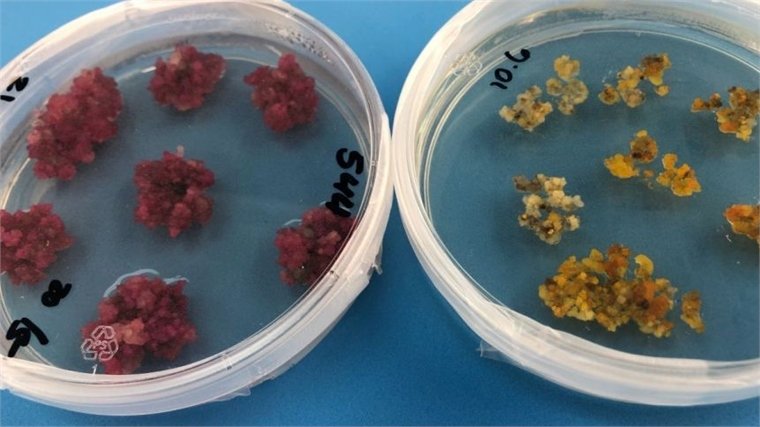A Discovery That Could Revolutionise The Fashion Industry
Natural cotton in a field
The dying of textiles and fabrics in the fashion industry is one of the largest sources of wastewater in the world. Not only does it take away water from communities and environments, but it also pollutes our land and oceans.
Wastewater from dying can contain a large range of chemicals and micro plastics, and according to the UN Environment Programme, contributes to 20% of the wastewater produced globally, and is the 2nd largest source of water pollution in the world. This is because around 80% of it is left untreated. This has led to large scale pollution which has increased year on year as demand for fast fashion has grown.
New coloured cotton grown by CSIRO
However, there is hope on the horizon, as the fashion industry could be revolutionised by a new discovery. Scientists at CSIRO in Australia have been working on growing coloured cotton to reduce the amount of dying that needs to take place in the product of clothing. They have discovered how to engineer cotton's colour code by adding genes to make the plant produce a colour instead of the standard whitish shade. They have already been able to grow black and pink cotton and are working on growing a whole range of colours for the future.
The use of coloured cotton could greatly reduce the amount of dying needed in the production of clothes as well as other textiles.
This is big news for the sustainability of clothing, as coloured cotton could eventually remove the need to dye fabrics altogether, thus reducing the harmful wastewater produced from both the production and washing of fabrics. This could potentially reduce wastewater from dying by 90% or even eradicate it altogether.
Please click the link below to visit our Environmental Calendar. Each month we focus on a new environmental topic and look in to how we can all help to improve the world we live in.


